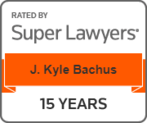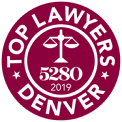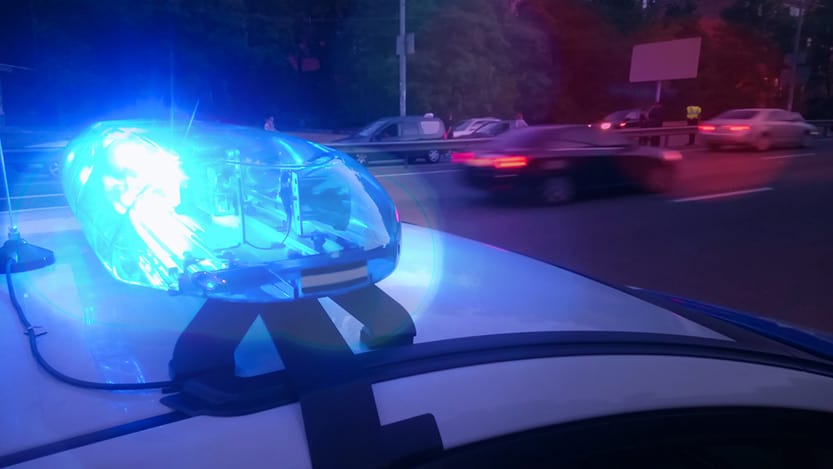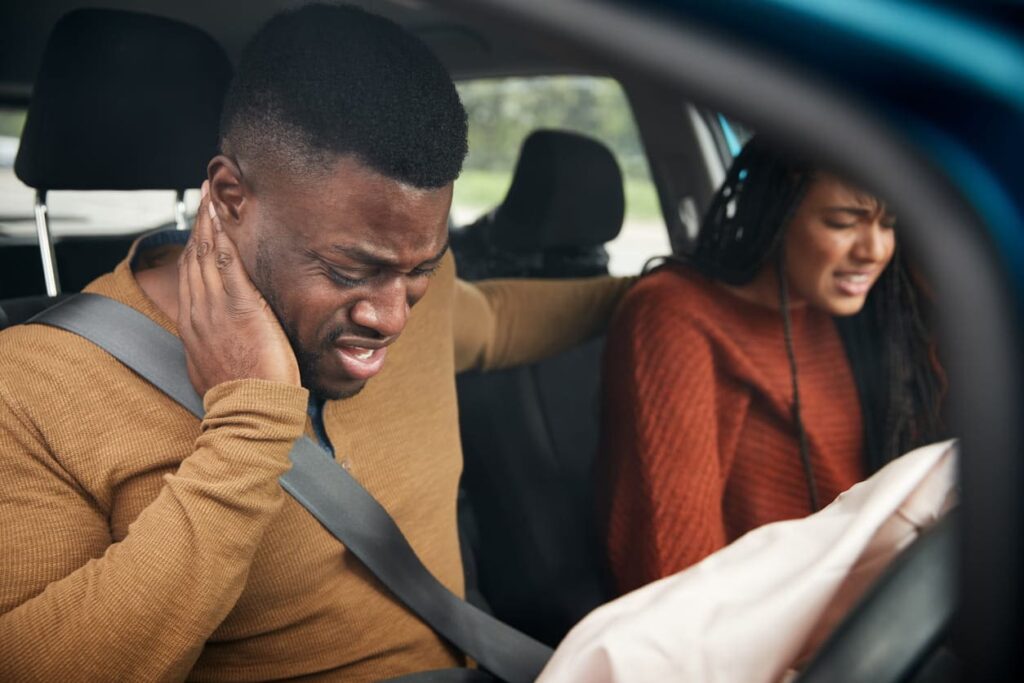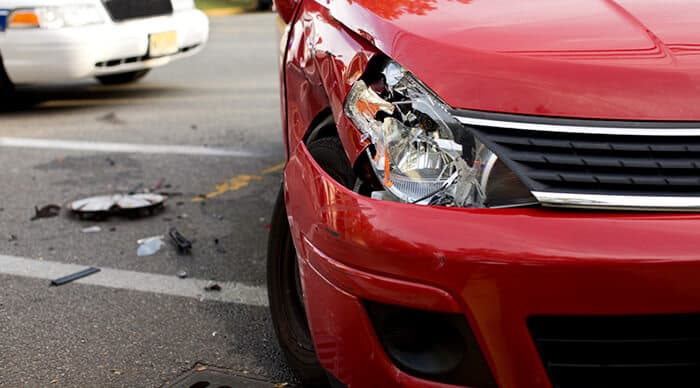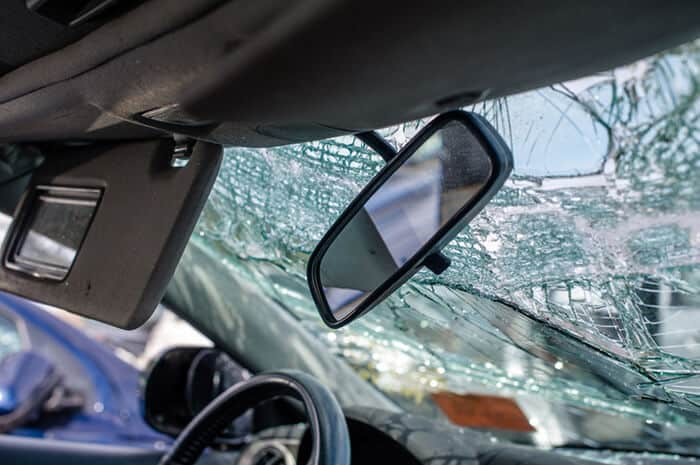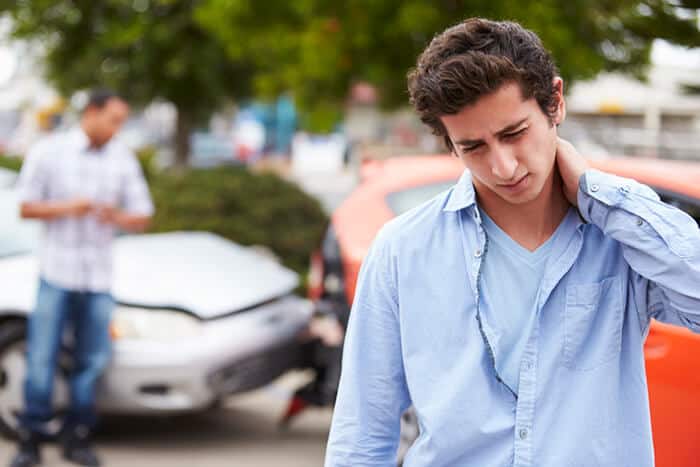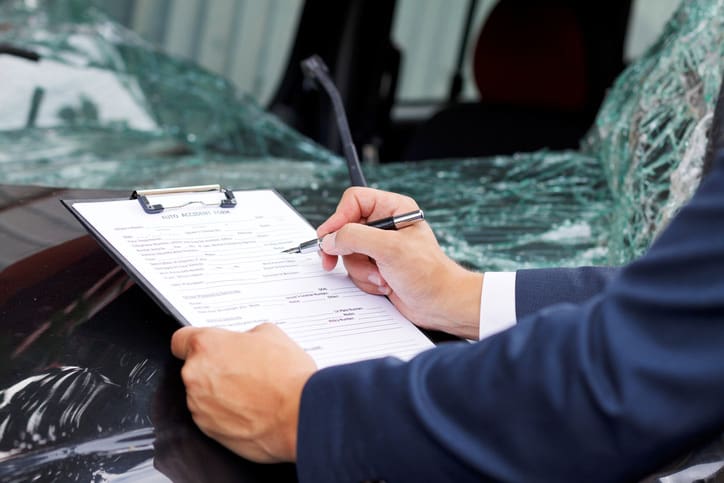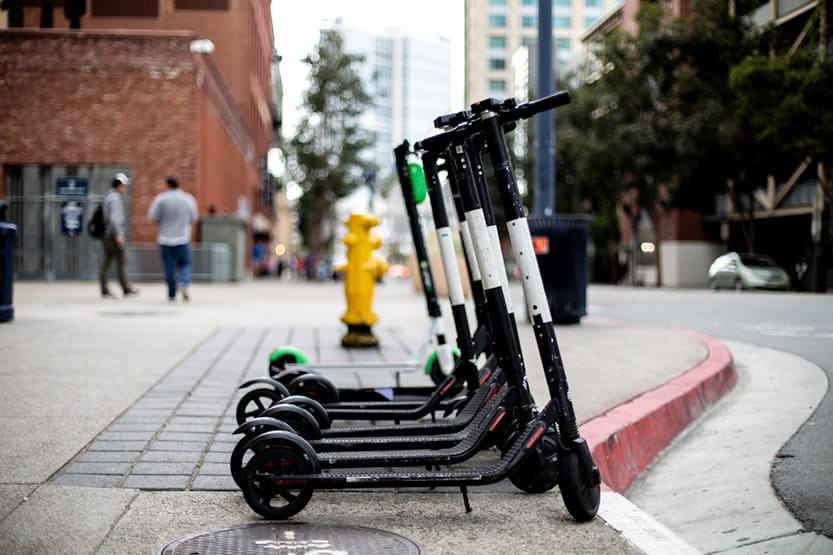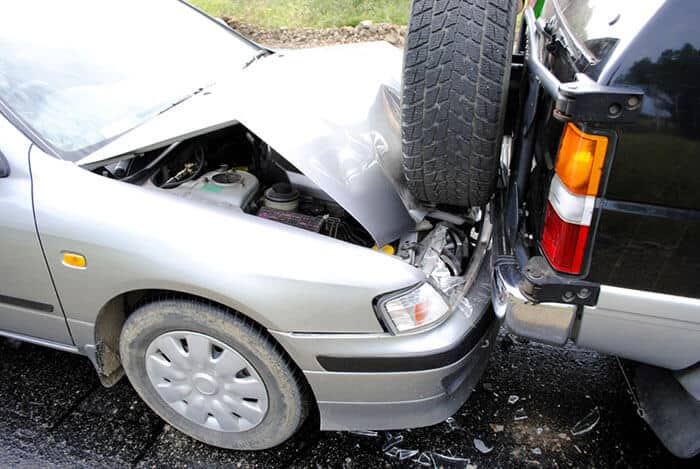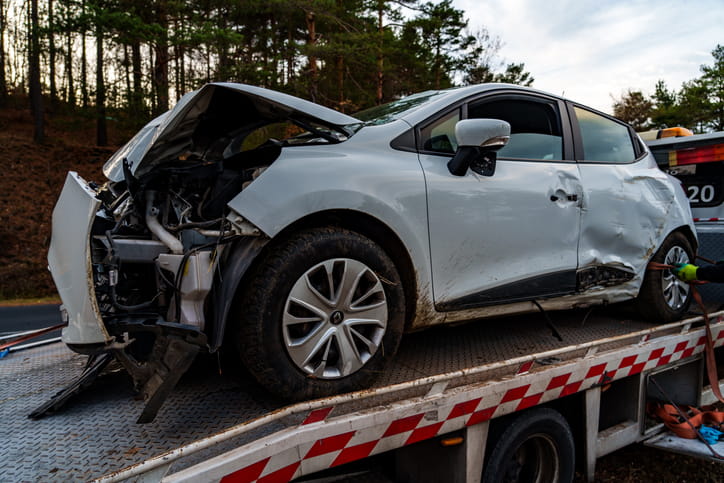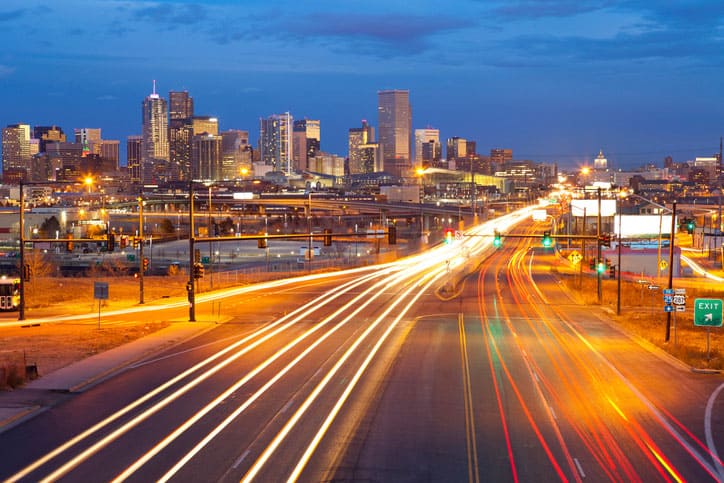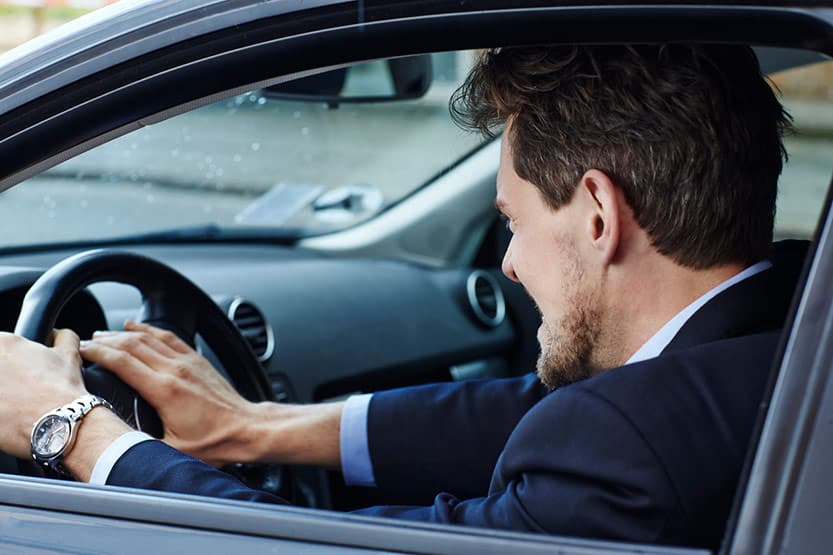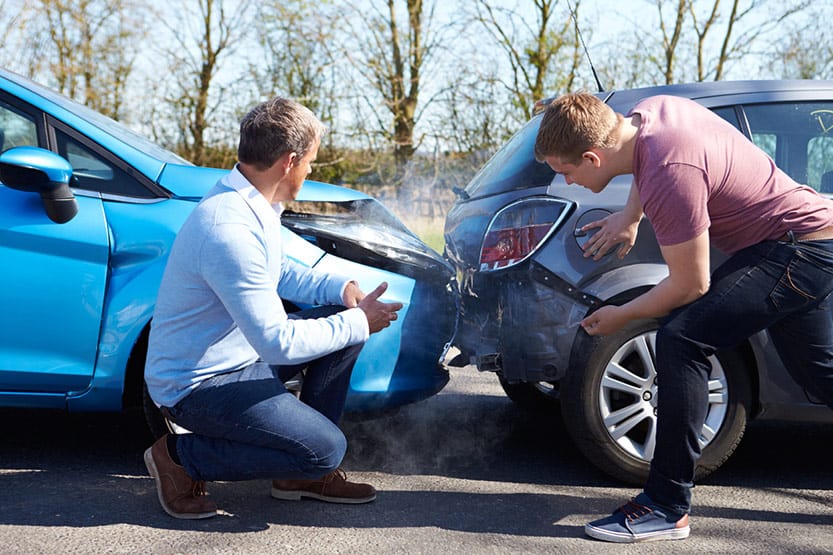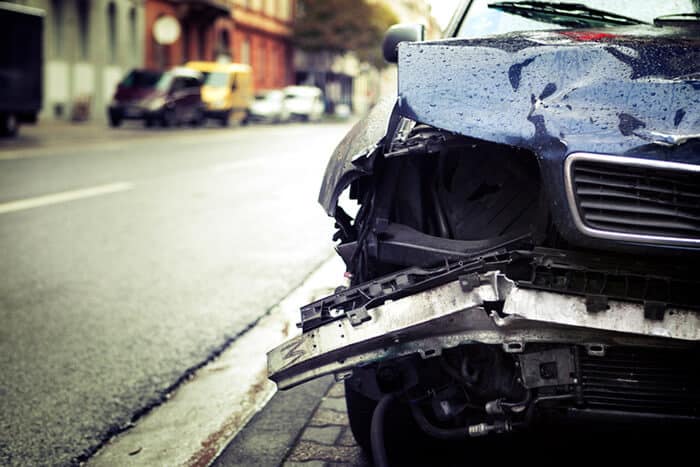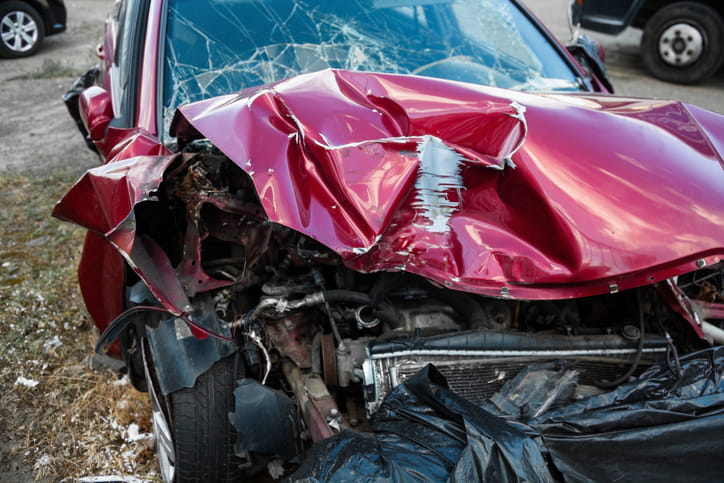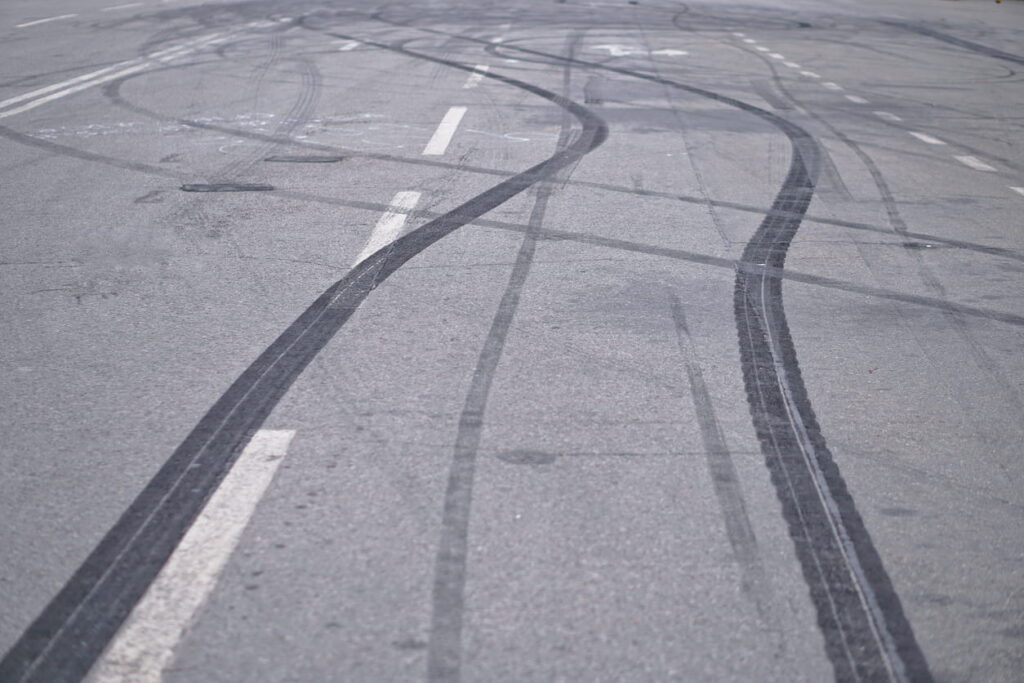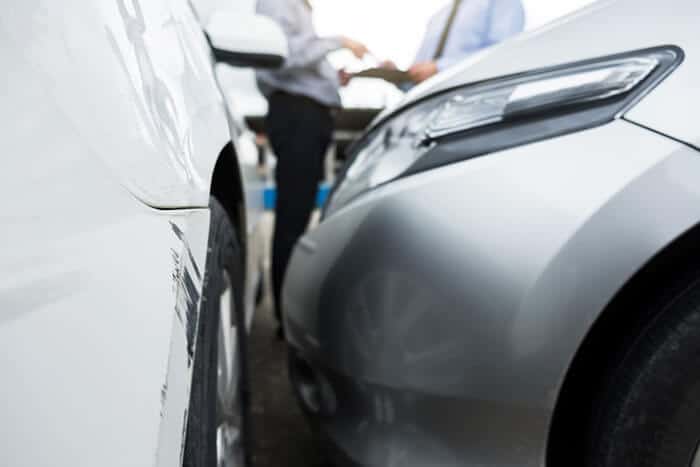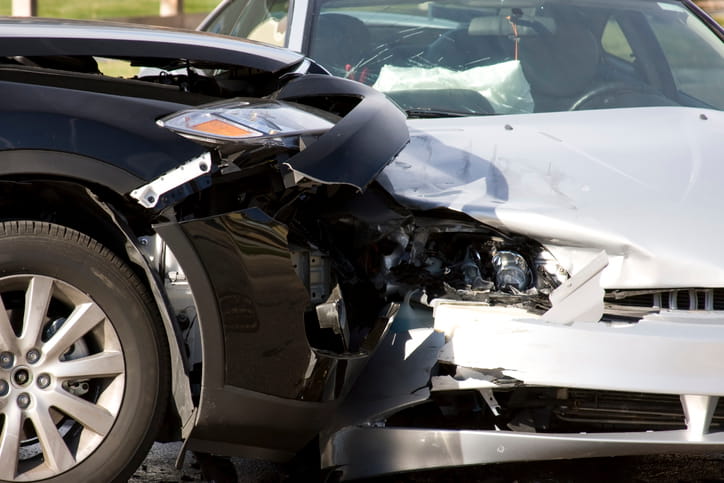Colorado Car Accident Laws
It’s crucial to do everything in your power when behind the wheel to avoid being involved in an accident. This includes observing speed limits, yielding to others, changing lanes safely, observing a safe following distance, obeying road signs and traffic lights, avoiding distractions, etc. Unfortunately, another road user may still make a mistake that causes you to be involved in an accident.
For this reason, it’s vital to be informed about car accident laws in Colorado. This way, if you are ever involved in one, you will know the steps to follow, including getting legal help to protect your rights.
Bachus & Schanker Wins – Over $1 Billion Recovered
- Mandatory Liability Insurance
- Stopping When Involved In An Accident
- Report Car Accident To The Police
- What To Do At An Accident Scene
- Car Accident Claims In Colorado
- Colorado Car Accident Attorneys
- Visit Our Auto Accident Law Offices Across Colorado & Beyond
- Related Car Accident Resources
- You Deserve Fair Compensation
Mandatory Liability Insurance
All automobile owners in Colorado must have liability insurance, which covers bodily injury to another person or property damage to another’s vehicle or property when the insured is at fault for a crash.
You can purchase a higher coverage, but the minimum coverage amounts are:
- $25,000 for bodily injury or death of anyone involved in the accident (per person coverage)
- $50,000 for bodily injury and death to all persons involved in any one accident (per accident coverage)
- $15,000 for property damage in any one accident (per accident for property damage coverage)
Driving in Colorado without insurance can result in penalties, including a fine, community service, and suspension of driver’s license.
Note that these amounts do not specify the highest you or another party can pay when at fault for an accident. If you or the other party incurs higher medical costs, wage losses, and other damages, you/they may seek more. Besides, the mandatory liability insurance does not cover the policyholder or their passengers.
Stopping When Involved In An Accident
Colorado Revised Statutes (CRS) 42-4-1602 states the steps drivers directly involved in an accident should take. According to this law, they should immediately stop at the accident scene.
When it’s impossible to stop at the scene, they should stop as close as possible and immediately return to the scene. Drivers should make these stops without obstructing traffic as much as they can.
However, if an accident occurs on the traveled portion, median, or ramp of a divided highway and the vehicles can be driven safely, the drivers should move their cars to a suitable location as soon as it’s practical.
Stopping at these spots can be hazardous, which can lead to another accident. For example, medians separate opposing traffic, reducing the risk of head-on collisions. It can be dangerous when vehicles involved in an accident obstruct a median. Furthermore, runaway truck ramps have loose sand or gravel to slow down runaway trucks and are usually located in areas where the brakes of heavy trucks can overheat and fail, such as mountainous areas. Stopping at such a ramp can increase the chances of a truck accident happening.
A driver involved in an accident who fails to stop at the scene or close by and return to the scene may be considered to have committed a hit-and-run.
Report Car Accident To The Police
After finding a safe area to stop, Colorado law 42-4-1606 requires the drivers involved in an accident to report it to the police if it results in bodily injury, death of any person, or property damage. You can do this by calling 911 or the local police agency.
If the police respond to the scene, they will obtain all the needed information from the parties involved and witnesses. You won’t need to provide any form. However, the Colorado Department of Revenue may send you a letter afterward if they need you to provide more information. The letter will inform you of what you need to do. It will be best to respond to this letter as soon as possible.
If the police don’t respond to the scene, you can file an accident report online. With this option, you have 60 days to report the accident.
Some accidents may not meet the requirements for using the State of Colorado Online Accident Report.
An accident can only be reported online if:
- It does not result in a fatality or an injury requiring medical attention to any person(s) involved
- It’s not an alleged hit and run, or it’s an alleged hit and run, but there is no information of the other driver involved in the accident
- It does not involve damage to any public property other than wildlife
- It does not involve any driver who was suspected to be under the influence of alcohol or other drugs
Accidents reported online are not investigated by the police since they didn’t come to the scene. Consequently, this report is only for record purposes. Nonetheless, it can be used as evidence when you take legal action against the other driver.
If the police don’t respond to the scene and the accident does not qualify to be reported online, you can leave the scene to report it to the nearest law enforcement office. You will then return to the scene and remain there until the police arrive and complete their investigation.
Unavoidable factors, such as harsh weather conditions, can contribute to the inability of the police to respond to an accident scene that requires their response. Typically, the police will initiate an Accident Alert on regions they can’t respond to if an accident occurs unless certain circumstances exist.
What To Do At An Accident Scene
When at an accident scene, you should exchange information with the other driver. Provide them with your name, address, the registration number of the vehicle you were driving, and your insurance information. You should then show them your driver’s license. The other driver should also do the same.
Additionally, if anyone involved in the accident is injured, Colorado car accident laws require you to provide reasonable assistance. You can carry or make the arrangements for the carrying of the injured person to a healthcare provider if it’s apparent that treatment is necessary or if the injured party requests you to carry them.
If none of you can exchange information, perhaps you are both too injured to safely move, and a police officer is not present at the scene, any of you should immediately report the accident to the nearest law enforcement office after receiving medical help.
Car Accident Claims In Colorado
Colorado is a fault state. Thus, the driver who acts negligently, causing an accident, will be responsible for the other driver’s damages. If you file a claim against another driver, you can claim economic damages, such as medical expenses, lost wages, lost earning capacity, car repair expenses, and rental car costs. You can also claim non-economic damages, including pain and suffering, loss of affection or companionship, emotional stress, disfigurement, and disability.
The statute of limitations for filing a car accident claim in Colorado is three years from the date of the accident — you may only be eligible to claim the damages mentioned above within this period.
Colorado Car Accident Attorneys
Being adequately informed about car accident laws in Colorado can save you from costly mistakes. If you are involved in a crash, our auto accident lawyers will help you file your claim while avoiding elements that can jeopardize your ability to receive the compensation you deserve.
Sources:
Visit Our Auto Accident Law Offices Across Colorado & Beyond
Serving Clients Nationwide
Related Car Accident Resources
You Deserve Fair Compensation
Don’t let the insurance companies intimidate you into accepting less than you deserve. We’re ready to fight for you.

Written and Legally Reviewed By: Kyle Bachus
4.6 ★★★★★ 1,461 Google Reviews
Kyle is a member of the Colorado Bar associations and has served on the Board of Directors of the Colorado Trial Lawyers Association for more than twenty years in total. Over the years, Kyle has achieved justice for many clients. He has served on numerous committees and repeatedly won recognition from his peers at both the state and national level. He is proud of the role he has played in the passage of state and national legislation to protect consumers and is a frequent speaker and guest lecturer.
